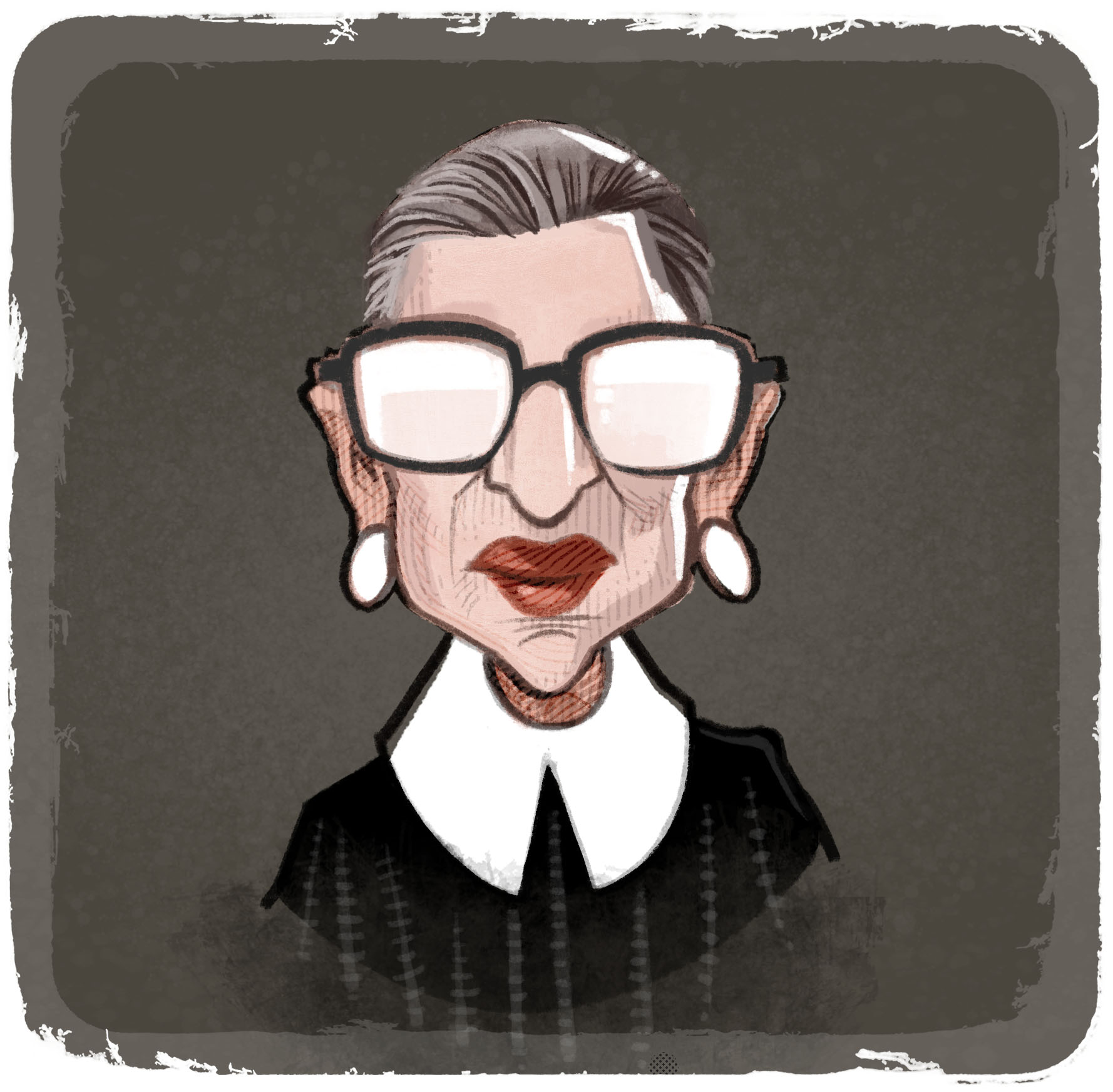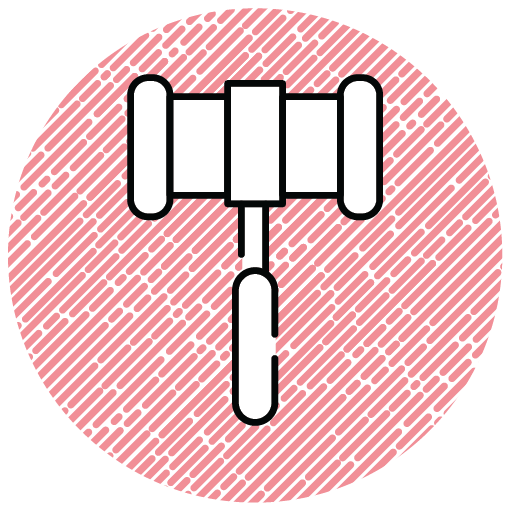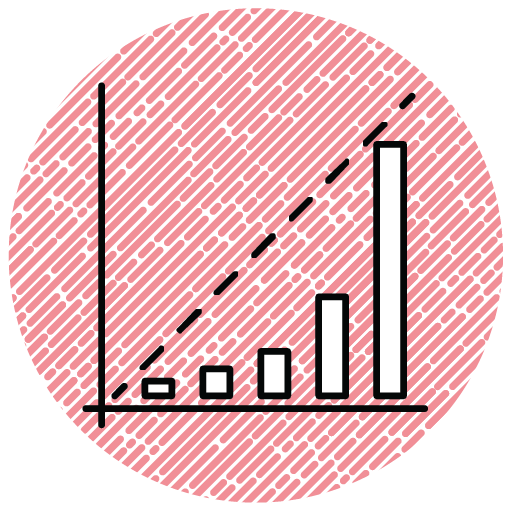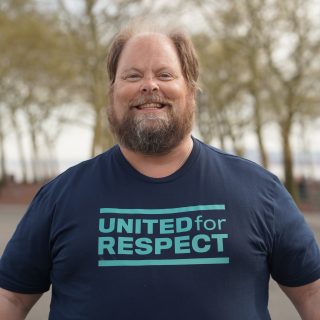There is an inherent imbalance of bargaining power between employers and employees. There is, however, a pervasive assumption in economics, political science, law, and philosophy that this is a relationship of equal power. This wrong assumption diminishes our freedoms in and out of the workplace and undermines our legal protections in the workplace. It generates wage stagnation and inequality. And it undercuts civic engagement and representative democracy.
With the Unequal Power project, the Economic Policy Institute (EPI) sets out to shatter this assumption. To do this, EPI is bringing together new research across disciplines arguing that economic policy, employment law, philosophy, and political science need to return to the fundamental understanding of today’s workplace reality of unequal bargaining power.
We need to shatter the assumption of equal power because…
It creates a lack of freedom in the workplace and beyond.
The assumption of equal power—the idea that if workers don’t like a job, they are free to work elsewhere and this prevents exploitation—enables employers to subject workers to private, authoritarian systems of power in the workplace and limits freedoms such as free speech beyond the workplace.
It undercuts employee rights and protections.
Courts use the premise of equal bargaining power—defying common sense and economic evidence—to justify limits to employee rights and protections, from at-will employment to forced arbitration in workplace disputes to so-called right-to-work laws. The equal power assumption limits constitutional, statutory, and legislative workplace protections.
It undercuts civic engagement and representative democracy and overlooks issues of workplace governance.
Without rights and protections, workers are unable to build the foundations of civic engagement at work through unionization and free communication. As a result, unequal bargaining power takes away workers’ voices not only in workplace governance but in democracy itself.
It generates wage and income inequality and wage stagnation.
Equal power underlies the textbook idea of the perfect market, in which employers must pay competitive rates for employees. But the perfect market is the exception, not the rule. With disproportionate bargaining power, employers—not market forces—set wages, benefits, and job quality. Employer power has grown for the last four decades and the result is widening inequality.
It perpetuates systemic race and gender discrimination.
The equal power model presumes that discrimination can’t exist in a competitive labor market because employers must pay appropriately competitive wages. But this disregards the fact that systemic racism, sexism, and lack of citizen status are decisive factors in workers’ compensation and treatment—and makes it harder to hold employers accountable through bargaining and legal remedies.
The Unequal Power initiative will directly address all these faulty assumptions and establish the need to center workplace power in legal, economic, policy, political science, and philosophical analyses. This transformational shift is required to advance democracy, freedom, and economic fairness.

The Unequal Power project is dedicated to the memory of Supreme Court Justice Ruth Bader Ginsburg, who recognized the inherent asymmetry between workers and their employers.
For workers striving to gain from their employers decent terms and conditions of employment, there is strength in numbers.
—Ruth Bader Ginsburg, dissent in Epic Systems Corp. v. Lewis
Follow the project
Receive new publications and updates from the Unequal Power project







